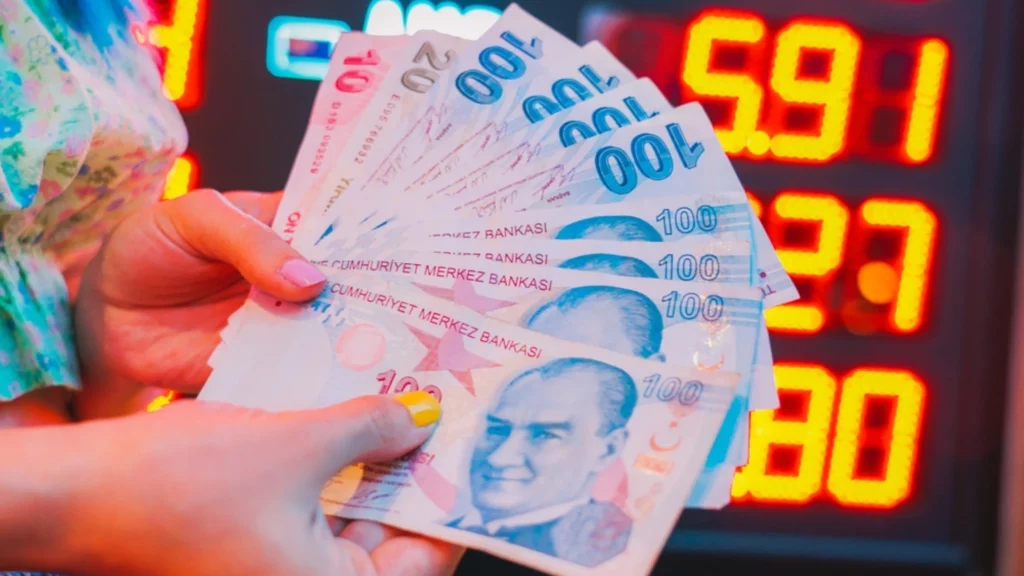The Turkish Lira has plunged to a historic low of 23.23 against the US Dollar
The Turkish Lira has plunged to a historic low of 23.23 against the US Dollar, in the largest selloff since the momentous crash in 2021. Coming soon after the re-election of long-time leader Recep Tayyip Erdogan on May 28, the 7% drop has been described by market players as a ‘clear signal’ that Turkey is abandoning state control of rates and moving towards a market-determined exchange rate.
This comes as welcome news to Turkish businessmen, as it seems the Erdogan administration is abandoning the past decade of destructive policy and moving towards economic orthodoxy. Years of bad policy have left the Turkish economy in a sorry state, and drastic changes are needed if investor confidence and market indicators are to be restored.
A New Economic Policy for Erdogan’s New Term?
Turkey’s economy has suffered greatly over the past decade due to President Erdogan’s unviable and unorthodox economic policies, who has described himself as an ‘enemy of interest rates.’ The president’s unorthodox policies have pushed the country’s economy to the breaking point.
For example, he has forced the country’s central bank to slash interest rates in response to inflation several times, a stance countering the modern understanding of economics. Furthermore, the exchange rate has then been propped up through heavy spending by the central bank instead of allowing free float rates. The central bank governor has also been replaced five times in four years, increasing uncertainty and hobbling consistent policy.
These policies have been ruinous for the Turkish economy, leaving it with a massive fiscal deficit, sky-high inflation rates, and depleted foreign exchange reserves, leaving the country’s economic mandarins with plenty of problems to fix and very few resources to do so. The country’s central bank foreign exchange reserves reached a record low of negative $4.4 billion, bad news for a country that owes more than $100 billion in dollar or euro-denominated debt.
This might all be set to change, however, with President Erdogan naming a new Finance Minister last weekend. Mr. Mehmet Simsek, a former deputy Prime Minister, is widely considered a good choice for the role and a retreat from previous policies. Mr. Simsek proclaimed that economic policy needs to return to “rational” grounding and that there were “no quick fixes” for bad policy.
What does Turkey’s economic future look like?
While a massive interest rate hike to approximately 25% (from the current rate of 8.5%) seems likely, it would have knock-on consequences of its own. Such a sharp rate hike would stifle consumption and borrowing in an already pessimistic market climate and could even be enough to push Turkey into recession. Though the weakening lira could provide an impetus to exports, the slowing global economy suggests that this might not be enough to offset domestic turmoil.
Furthermore, Turkey is reliant on imports, meaning that the weakening currency once again raises the specter of inflation – only recently falling from a peak of 80% last year. With election carrots being withdrawn and global food and energy prices skyrocketing due to a dam bursting in Ukraine, consumers might once again have to prepare for a period of rising prices.
Where the Turkish Lira will halt its freefall is an open question. Financial analysts and Wall Street bankers speculate a rate of 25, or even 30, against the dollar might be on the cards, which would require an even larger plunge than the record-breaking one on Tuesday. Ulrich Leuchtmann, chair of FX research at Commerzbank, Frankfurt, commented: “This is what happens when you get an exponential move – for a long time you think nothing happens, and then all of a sudden all hell breaks loose.”
